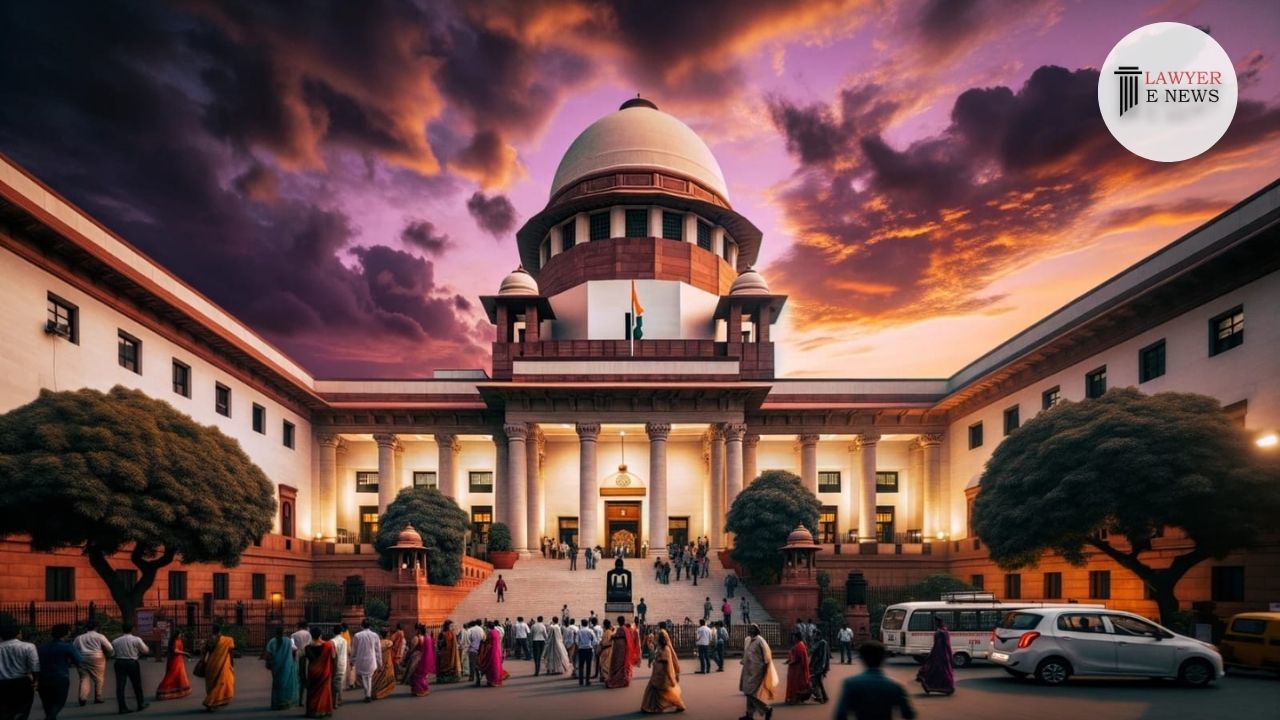-
by Admin
16 February 2026 1:47 PM



In a significant ruling, the Supreme Court of India, presided over by Justices J.K. Maheshwari and Sanjay Karol, has affirmed the ejectment of tenants from shops located within the premises of Arulmighu Dhandayuthpani Swamy Temple, Palani. The tenants, declared as encroachers following the termination of their lease/licence, were ordered to vacate the premises, as per the Hindu Religious and Charitable Endowments Act, 1959.
The core legal issue pertained to the termination of lease/licence of tenants in temple properties and their subsequent declaration as encroachers under the Act. The Supreme Court's decision was crucial in determining the balance between the rights of the temple authorities as landlords and the tenants occupying the shops.
The case involved various tenants, who, after the expiry of their lease/licence period, were declared as encroachers and faced orders of ejectment. The matter escalated to the Supreme Court following the affirmation of the ejectment order by the High Court.
Justice Sanjay Karol, in his judgement, meticulously addressed the nuances of the case:
Ejectment Orders: The Court affirmed the ejectment orders for 19 tenants who failed to clear rent arrears, thereby authorizing the temple authorities to initiate possession proceedings.
Conditional Occupation: For the remaining 51 tenants, the Court permitted an additional six-month occupation under specific conditions. These conditions included adherence to revised rent rates of 2015, no property damage, compliance with municipal by-laws, and clearance of statutory dues. Notably, for the 280 days impacted by the COVID-19 pandemic, tenants are required to pay only 50% of the agreed rent.
Future Development Rights: The judgement also provided for preferential treatment to these 51 tenants in the event of future development of the property by the temple authorities, contingent on their participation in the allotment process and matching the highest bid price.
Compliance and Undertaking: Tenants are directed to file an undertaking agreeing to these terms within three weeks, failing which they may face ejectment proceedings and potential contempt actions.
Concluding the judgement, the Court ordered the disposal of all petitions and applications based on the agreed terms. This resolution marks a significant step in the judicial handling of disputes involving religious institutions and tenancy rights.
Date of Decision: February 23, 2024.
Balasubramani Etc. vs The Tamil Nadu Government Represented
